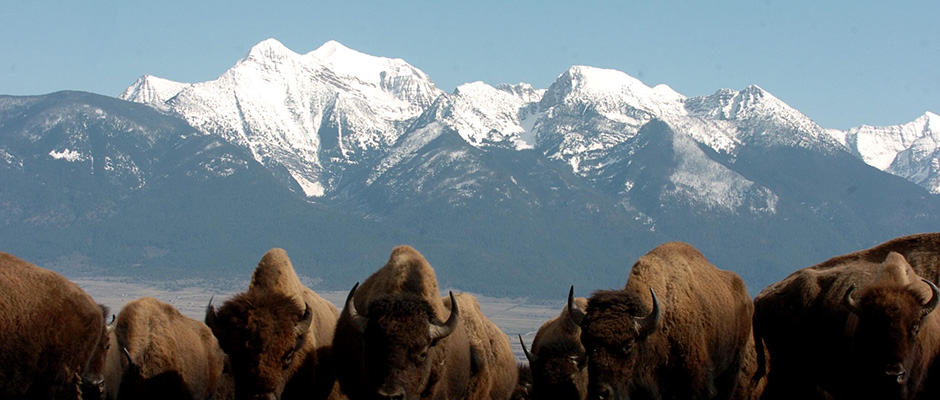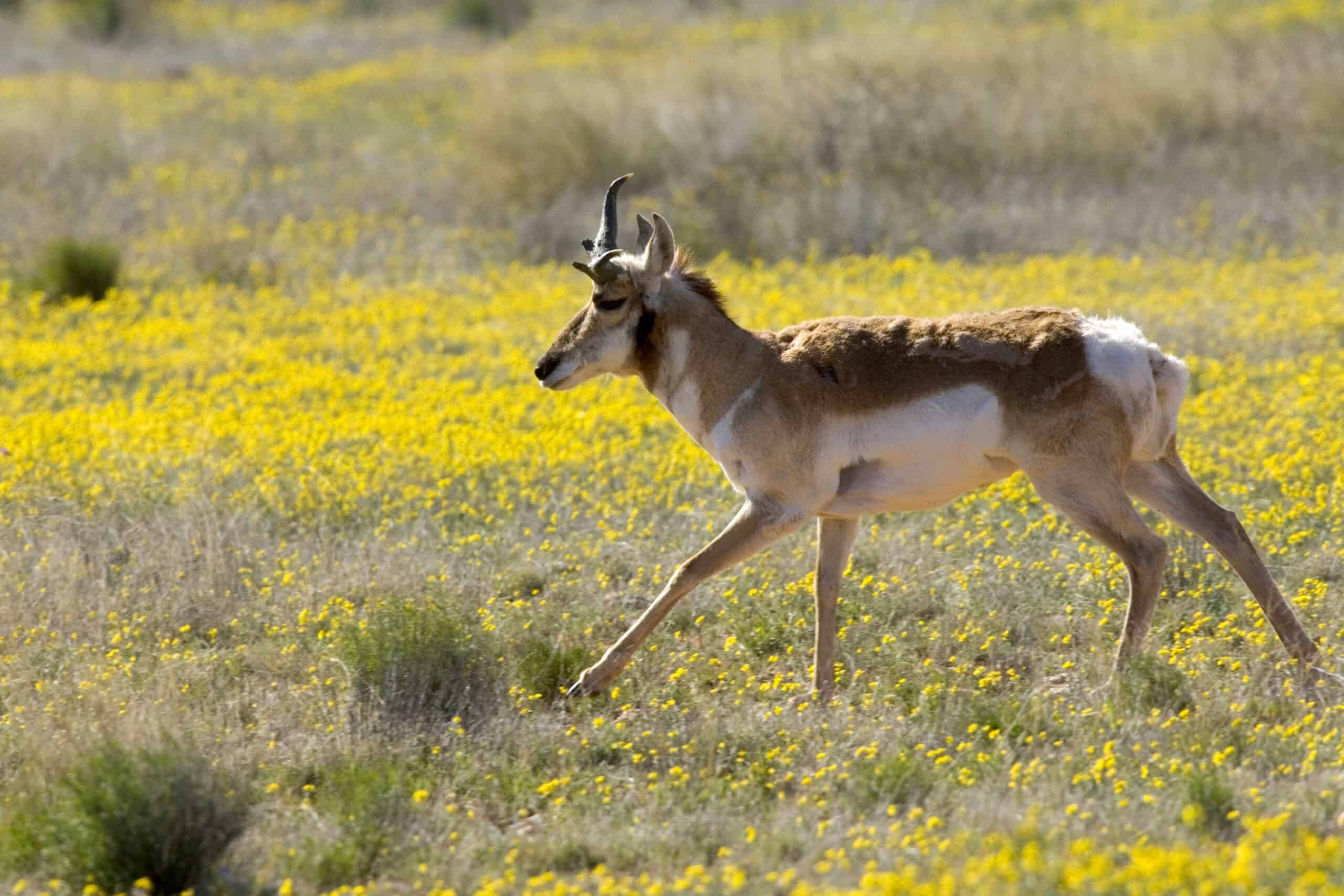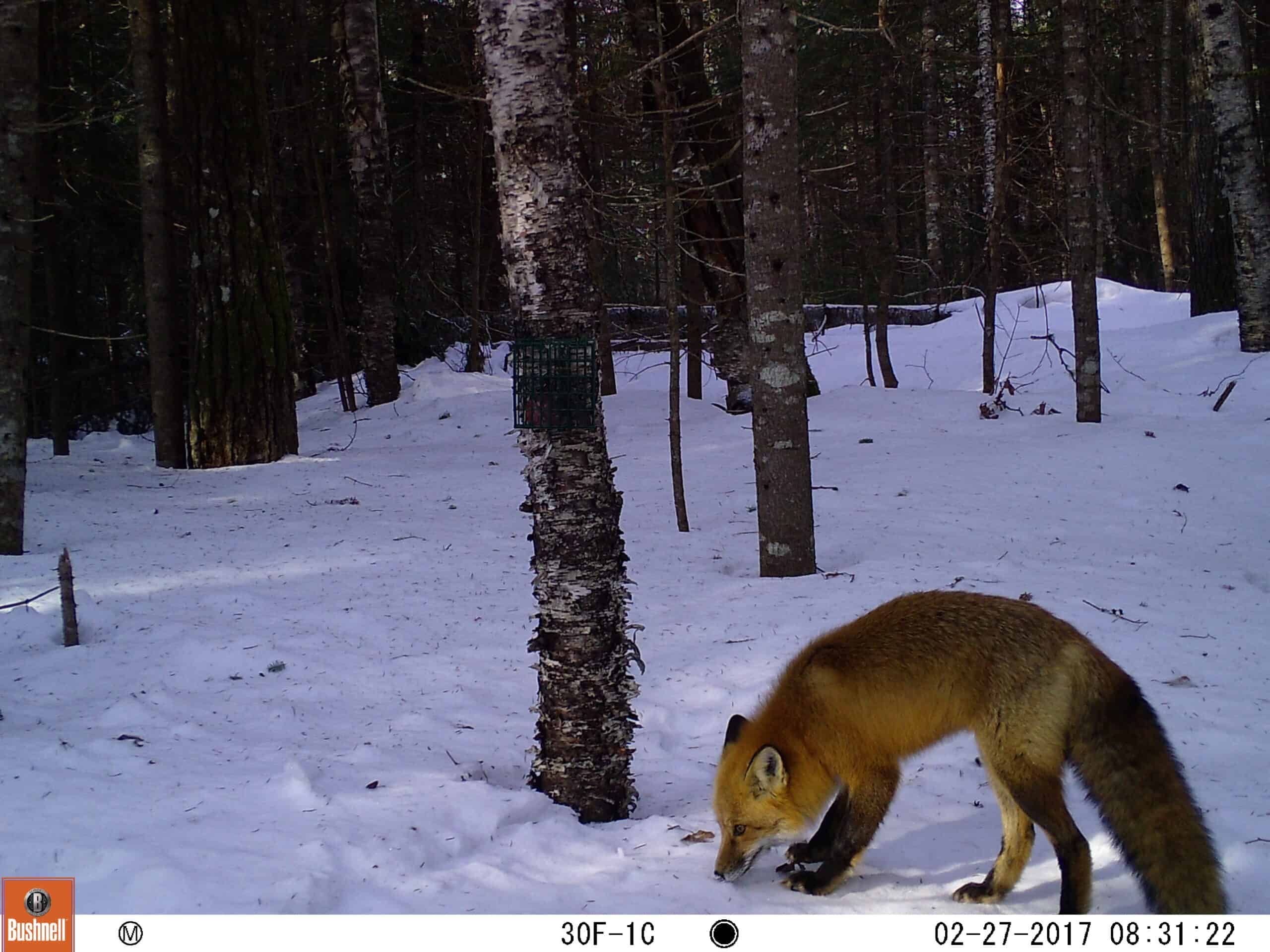Share this article
Senate Votes to Approve Keystone XL Pipeline
After three weeks of lengthy debate, the Senate voted 62-36 to approve S. 1, a bill allowing construction of the Keystone XL oil pipeline by TransCanada. The pipeline would carry crude oil extracted from tar sands in Alberta over the U.S. border and through Montana, South Dakota, and Nebraska.
The full text of S. 1 is available and contains amendments approved by Congress. Over the course of the debate, the Senate voted on 41 amendments to the bill, many of which would have had impacts on conservation.
After President Obama announced plans to designate an additional 12.28 million acres of land as wilderness in Alaska, Senator Murkowski (R-AK) introduced an amendment that would restrict agencies like the Fish and Wildlife Service to managing areas as wilderness for a maximum of 1 year before congressional approval is needed. The proposed amendment might have led to relaxed restrictions on oil and gas development in vulnerable areas, like the Alaskan National Wildlife Refuge, but did not receive the required 60 votes for approval.
Another amendment would have reauthorized the Land and Water Conservation Fund (LWCF), a 50-year program that expires in September, and would have dedicated a percentage of LWCF funds each year to increasing hunting and recreational opportunity on public lands. While substantial support existed for the amendment, it fell one vote short of the threshold required for approval after three senators changed their vote from ‘yea’ to ‘nay.’
Oil sand production is the primary source of the crude oil that Keystone XL would carry; it is not subjected to the same per-barrel tax, which helps to fund oil spill liability accounts, as more traditional oil development. While the Senate approved a measure acknowledging that the loophole that allows oil sands to be exempt from this tax should be closed, other amendments that would change regulations to impose the tax on oil sands were not approved.
One notable amendment included the recognition of the existence of climate change by the Senate. The amendment was approved 98-1.
The bill will proceed to the House for consideration. The White House has stated that the President plans to veto the bill. Congress can overturn presidential vetoes with a two-thirds vote.
Sources: Environment & Energy Daily (February 2, 2015), Environment & Energy Daily (January 29, 2015), E&E News PM (January 29, 2015), Greenwire (January 29, 2015)
Header Image:
A herd of bison in Montana
Image Credit: USFWS








